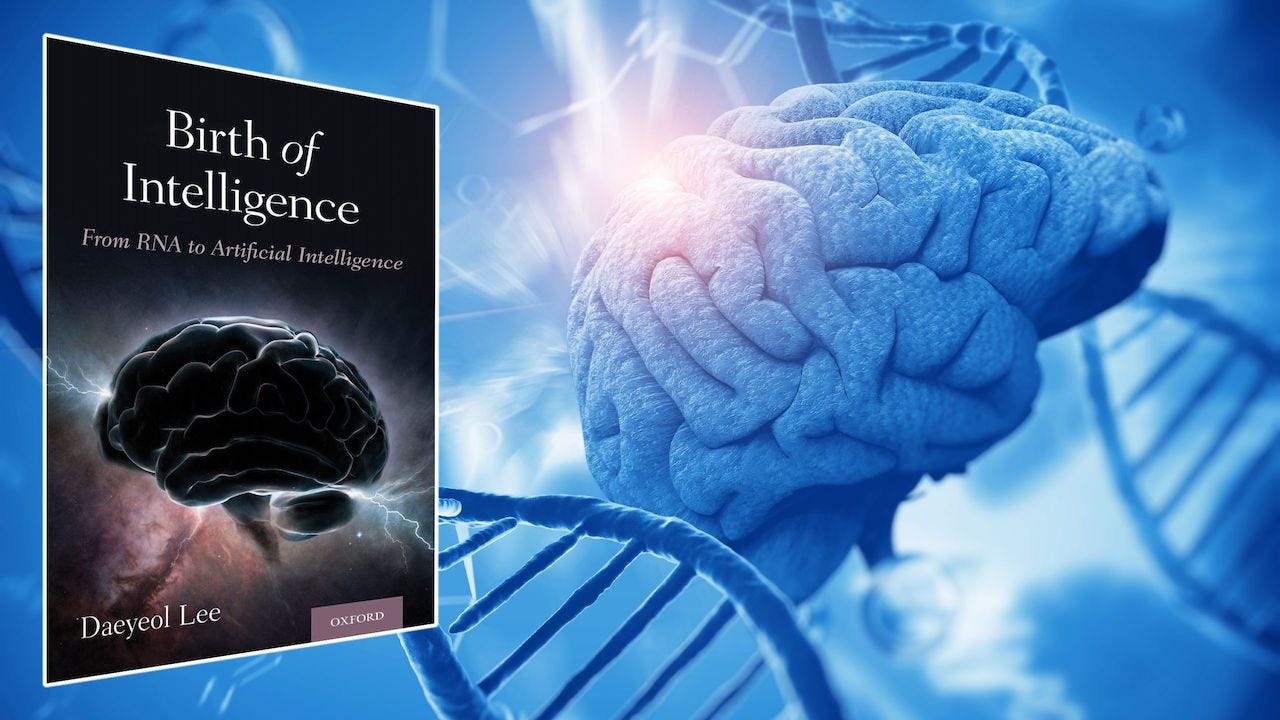Why life is essential to intelligence
What is intelligence? Is it the capacity to solve complicated mathematical problems at very fast speeds? The power to beat world champions in chess and go? The ability to detect thousands of different objects in images? Predict the next word in a sentence?
Those are all manifestations of intelligence. And thanks to advances in artificial intelligence, we have been able to replicate them in computers, to different degrees of success. But AI scientists are still having a hard time reaching a consensus on the definition and measure of intelligence. And having a collection of problem-solving capabilities does not seem to get us closer to recreating the intelligence found in nature.
To Daeyeol Lee, professor of neuroscience at Johns Hopkins University, current AI systems are “surrogates of human intelligence” because they are designed to accomplish the goals of their human creators, not their own.
True intelligence, Lee argues in his book Birth of Intelligence: From RNA to Artificial Intelligence, is “the ability of life to solve complex problems in a variety of environments for its self-replication.” In other words, every living species that has passed the test of time and has been able to reproduce—from bacteria to trees, insects, fish, birds, mammals, and humans—is intelligent.
“[If] we want to evaluate the intelligence of various life forms, it would be reasonable to consider which life form can replicate itself successfully by solving more complex problems in a broader range of environments,” Lee writes.
Looking at intelligence through the lens of life and survival is crucial to understanding the current state of artificial intelligence, including its limits, its potential, and its future directions.
Read the full review on TechTalks.
For more on AI books:


